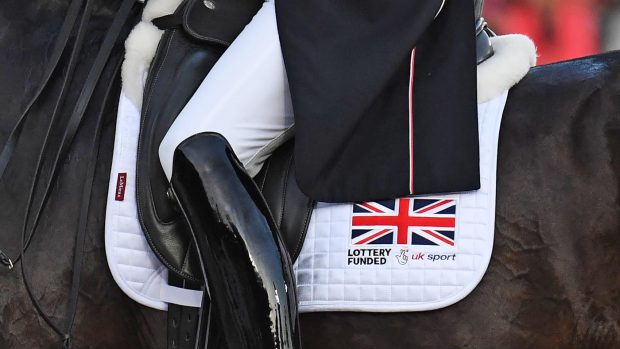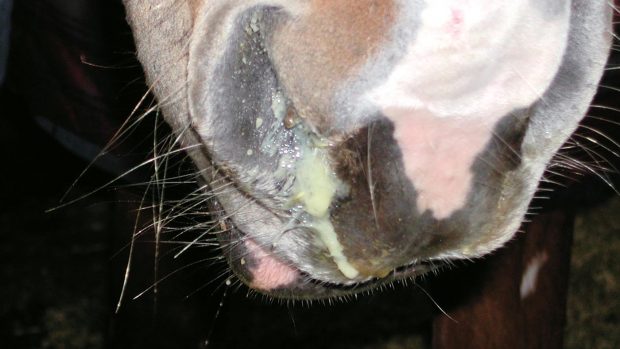The British Equestrian Federation (BEF) has said it is “working closely” with Games officials to monitor the Zika virus situation in Rio.
A spokesman for the BEF’s World Class programme told H&H yesterday (31 May) that it is working with the British Olympic Association and the British Paralympic Association.
“[They] are monitoring the situation closely and have been liaising with specialists in the area,” he said.
“The programme will continue to update and share information with athletes prior to the departure for Rio, in conjunction with our sports’ medical team.”
Zika is a viral disease mainly transmitted by mosquitos, but can also be caught through sex.
Symptoms are usually mild, lasting for two to seven days, and include fever, rashes, conjunctivitis, muscle and joint pain, malaise and headache.
However, health authorities in Brazil noticed an increase in Guillain-Barré syndrome, which affects the nervous system, that coincided with Zika infections.
It is also thought to be more serious for pregnant women and research has strengthened the link between the virus and birth defects in babies.
Last week (28 May), the World Health Organisation (WHO) dismissed a call from doctors for this summer’s Olympics and Paralympics to be postponed due to Zika concerns.
In an open letter to the WHO director general, Dr Margaret Chan, the group of health experts calls for the Rio 2016 Games to be postponed and/or moved to another location “in the name of public health”.
By this morning (1 June), more than 200 doctors and professors from across the world had signed the letter.
“WHO must revisit the question of Zika and postponing and/or moving the Games,” it states.
“Similar to what FIFA did for SARS and the Women’s World Cup [in 2003], we recommend that WHO convene an independent group to advise it and the IOC in a transparent, evidence-based process in which science, public health, and the spirit of sport come first.
“Given the public health and ethical consequences, not doing so is irresponsible.”
Related articles:
- International Olympic Committee ‘closely monitoring’ Zika virus situation
- BEF addresses concerns over Rio Olympics logistics *H&H VIP*
- FEI president tells H&H he is confident new venue will be ready ahead of Rio
The WHO has responded by saying “there is no public health justification for postponing or cancelling the games”.
“Based on current assessment, cancelling or changing the location of the 2016 Olympics will not significantly alter the international spread of Zika virus,” said a WHO spokesman.
“Based on the current assessment of Zika virus circulating in almost 60 countries globally and 39 countries in the Americas, there is no public health justification for postponing or cancelling the games.
“WHO will continue to monitor the situation and update our advice as necessary.”
The spokesman added that the best way to reduce risk of disease is to follow public health travel advice.
To read the WHO’s current advice, click here.





